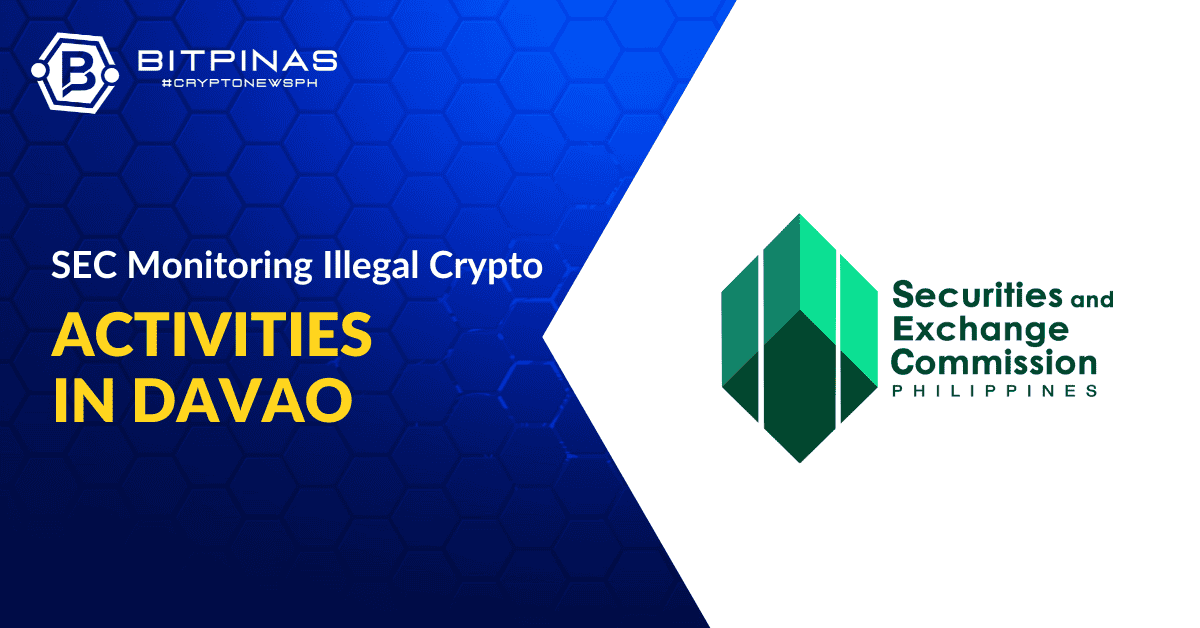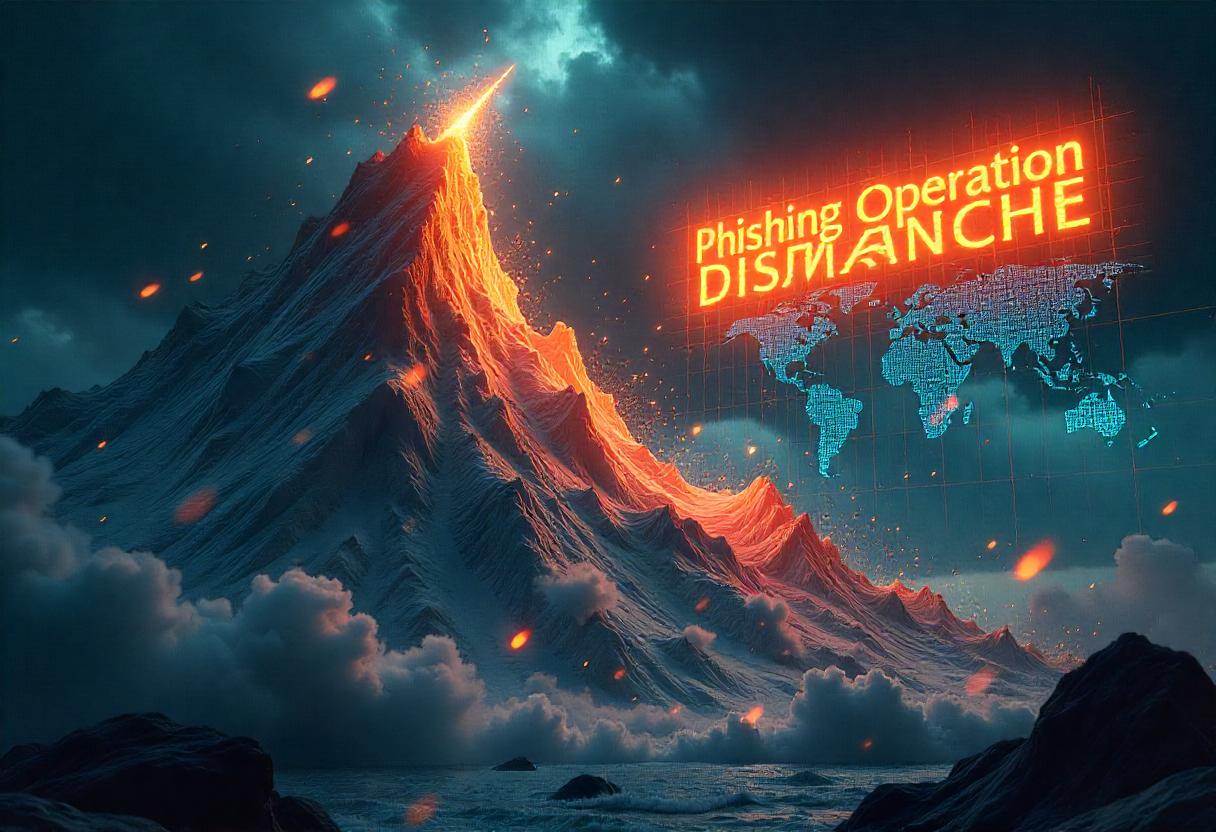Disclaimer: This article is for informational purposes only and does not constitute financial advice. BitPinas has no commercial relationship with any mentioned entity unless otherwise stated.
As part of a broader crackdown on online financial fraud in the region, the Securities and Exchange Commission (SEC) in the country’s 16th region, or the Davao Region, said that it is monitoring four entities suspected of involvement in cryptocurrency scams.
Crypto Scams in Davao
SEC-Davao Director Atty. Katrina Jamilla Ponco-Estares revealed during a business forum on June 20, 2025, that these entities are mostly unregistered and operate solely online, using digital platforms, like e-wallets, to solicit investments.
“More on online ang mga scams ngayon. At mostly hindi registered sa SEC at mostly sa online lang. Meron kaming makikita online na invitation to the public to invest.”
Atty. Katrina Jamilla Ponco-Estares, Director, Securities and Exchange Commission-Davao
[Translation: “Most scams today are done online, and most of them are not registered with the SEC. We are seeing them inviting the public online to invest.”]
Ponco-Estares said most cryptocurrency scams they monitor are hard to trace due to lack of evidence and the scammers’ reliance on social media and online platforms.

Photo courtesy of MindaNews.
Other Reports
In addition, between January and June 2025, SEC-Davao received 11 complaints related to investment scams and 77 complaints involving illegal lending and financing activities across the region.
Among the tactics used by scammers is the “advance fee loan” scheme, where targets are enticed via social media ads and asked to pay upfront fees such as processing or registration charges before receiving nonexistent loans.
Ponco-Estares then warned that some lending apps appearing legitimate are in fact short-lived operations meant to exploit users. She said many victims seek assistance only after scammers begin harassing them, and formal investigations are often hampered when some victims become unavailable, making some cases lack enough information to solve these reports.
To protect the public, SEC-Davao shared that it issued multiple advisories and is working closely with local government units and police stations through existing anti-scam units.
The director also urged the public to verify the registration of any investment or lending platform through the official SEC website and to remain cautious of too-good-to-be-true offers online.
Regulators’ Move Against Unregistered Crypto Entities and Scams
On May 13, 2025, the Philippine National Police (PNP)-Anti-Cybercrime Group (ACG), in coordination with the SEC, arrested five individuals in Pangasinan for allegedly running an unregistered cryptocurrency investment scheme through an entrapment operation.
Also in the same month, a Cebu-based call center posing as a crypto investment firm was exposed for running an international scam using AI and fake $BTC trading, after a hacker infiltrated its systems and revealed evidence via CCTV, prompting a government investigation and temporary shutdown of the operation.
Following the exposé, local law enforcement conducted a site inspection, issued a show cause order, and began securing a cyber warrant to examine abandoned computers while urging employees to come forward or face legal action.
In 2024, the Cybercrime Investigation and Coordinating Center (CICC) warned the public about a surge in crypto and dollar investment scams, urging investors to stay vigilant, avoid high-return promises, and verify offers with authorities.
Read BitPinas articles about protecting Bitcoin and other digital assets:
This article is published on BitPinas: SEC-Davao: Four Entities Under Monitoring Over Alleged Involvement in Crypto Scam
What else is happening in Crypto Philippines and beyond?


